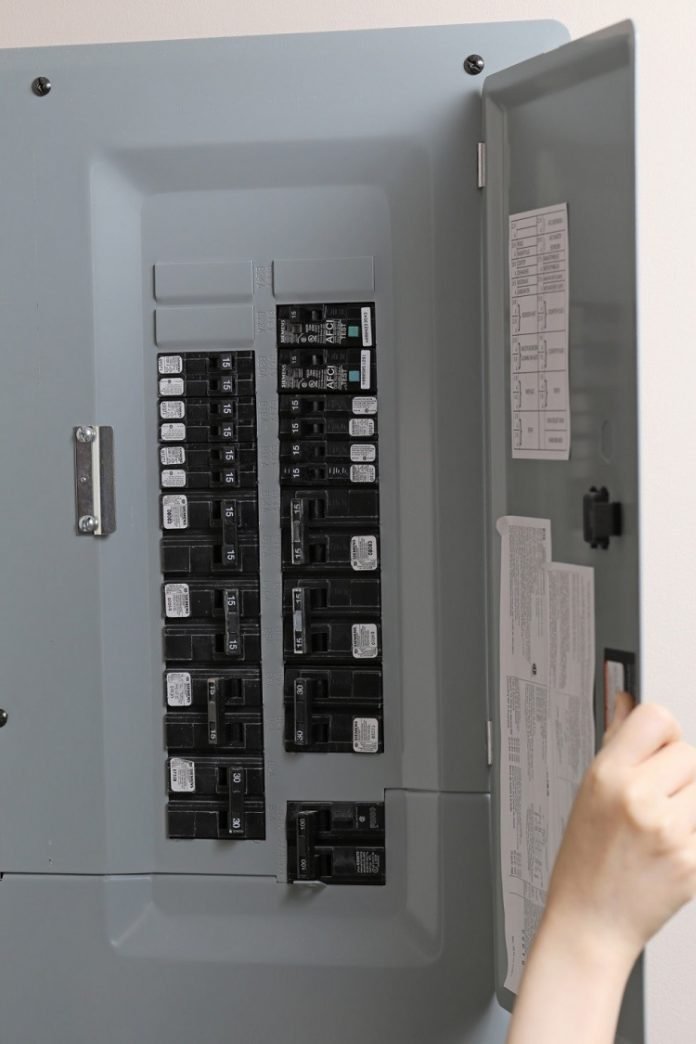Last Updated on February 28, 2023 by admin
When buying a home, most people focus on the things they can see. They look at the square footage, layout, and materials. Something many don’t give much thought is the electrical system and its many parts.
Yet, the electrical system is one of the most important elements in any home. It keeps everything from major appliances to tablet computers and desk lamps up and running. One of the most important pieces of the electrical system is the circuit breakers.
These serve as a key safety mechanism, but there are several types of circuit breakers. Keep reading for a quick overview of the main types you’re likely to see.
Table of Contents
Single Pole Circuit Breakers
For years, single pole circuit breakers were the standard circuit breaker in all homes. These circuit breakers take up a single slot in your electrical panel.
They can handle from 15 amps up to 30 amps. They provide 120 volts to the circuit.
A standard single pole circuit breaker connects to and offers protection to a lone energized wire. An overload or short circuit will typically trip the breaker
Double Pole Circuit Breakers
Double pole circuit breakers were also very common in homes. These circuit breakers take up two slots in your panel, but they only use one switch.
These can handle from 15 amps up to 200 amps. They can provide 120 volts or 240 volts to the circuit, which some major appliances require, such as dryers, water heaters, and AC units. These breakers connect to and offer protection for two energized wires.
Again, a standard double pole circuit breaker trips from an overload or short circuit.
GFCI Circuit Breakers
A ground fault is a case where the current finds a path to the ground where one shouldn’t exist. Ground fault circuit interrupter breakers are specialized breakers that handle ground faults by removing the electricity from the entire circuit.
These are used where water is common, such as kitchen, bathrooms, and near pools. These exist in both single and double pole versions.
AFCI Circuit Breakers
An arc fault happens when electricity quite literally jumps from the circuit to an unintended conductor. These arcs can produce extreme heat and cause fires. An arc fault circuit interrupter breaker uses electronics to sense when arcs occur and cut power to the circuit.
These come in single and double pole versions and are now the standard breaker, except where a GFCI breaker is standard.
There are other types of breakers with far higher voltages, but these are typically used in industrial applications. You can see examples of these at Baypower.com.
Using Different Types of Circuit Breakers
For the homeowner, knowing when to use different types of circuit breakers can prove a little tricky. For example, if your panel lacks clear labeling, you may know if you need a single or double pole breaker. You won’t know if you need a GFCI or an AFCI breaker.
Make a point to test and label your panel. Then, as necessary, replace your breakers with an appropriate AFCI or GFCI version.
Read more: Possible ways to locate Electrical Failures in your home



























